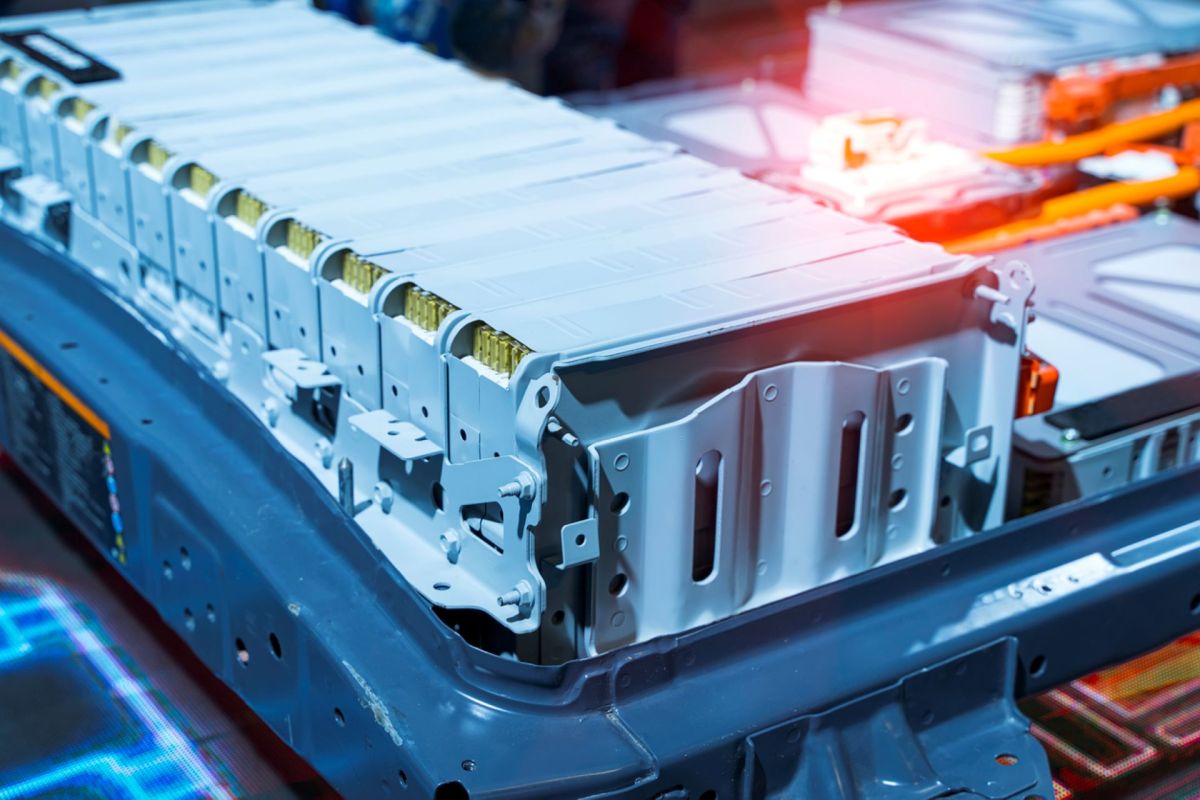United States–based battery tech that could help to reduce our dependence on graphite from China has reached a major milestone.
Researchers at Ampcera, headquartered in California, report that their solid-state, silicon-anode battery has reached 5,000 cycles, according to a release on Newswire. Better yet, the data shows that their tech is achieving fast-charge ability and high capacity — all crucial metrics for future applications.
"Ampcera's cost-effective, graphite-free approach offers a strategic market advantage for next-generation batteries," Ampcera Operations Manager Emery Brown said.
Battery anodes (needed for the charge/discharge cycle to work) are commonly made from graphite, which is a reliable material. China, however, leads the world in graphite refining at 90% of the stockpile. It recently announced pesky export rules that could impact graphite supplies worldwide. The move could be part of an effort from China to flex its metal muscles and to safeguard "national security and interests," per Reuters.
Ampcera is pitching its silicon tech as a viable alternative, and it can hold "10 times as many lithium ions by weight as graphite," IEEE Spectrum reports. In a battery, lithium ions pass back and forth between the anode and cathode in a substance called electrolyte as it powers up and down, the U.S. Department of Energy (DOE) explains. Electrolyte can be a liquid or solid. Ampcera uses a solid-state approach.
After 5,000 cycles, the Ampcera team is learning a lot about its battery, including strong energy density, another important marker. Energy density is how much electricity a power pack can store in relation to its mass. Better energy density results in lighter, smaller batteries, improving electric vehicle performance.
The Ampcera experts report that their pack tech is expected to hit its goal — an 80% charge in 15 minutes — in 2024, according to the news release.
The company claims on its website that it has more than 200 industry partners in the pursuit of batteries with better stability, better safety, and lower costs. The company's newsroom is loaded with stories about patents and millions of dollars in investments.
The Newswire release reports that the company was awarded a $2.1 million grant from the DOE earlier early in 2023 for further work on the solid-state, silicon-anode tech. The work involves a "major U.S. automaker."
If successful, the battery tech coming from the West Coast could fortify the U.S. supply despite complications with foreign supply chains.
"As a leading supplier of solid-state electrolyte materials, we monitor the global battery materials market and look for ways to strengthen and secure the U.S. supply chain to enable the commercialization of solid-state batteries," Brown said for the news release.
Join our free newsletter for weekly updates on the coolest innovations improving our lives and saving our planet.









